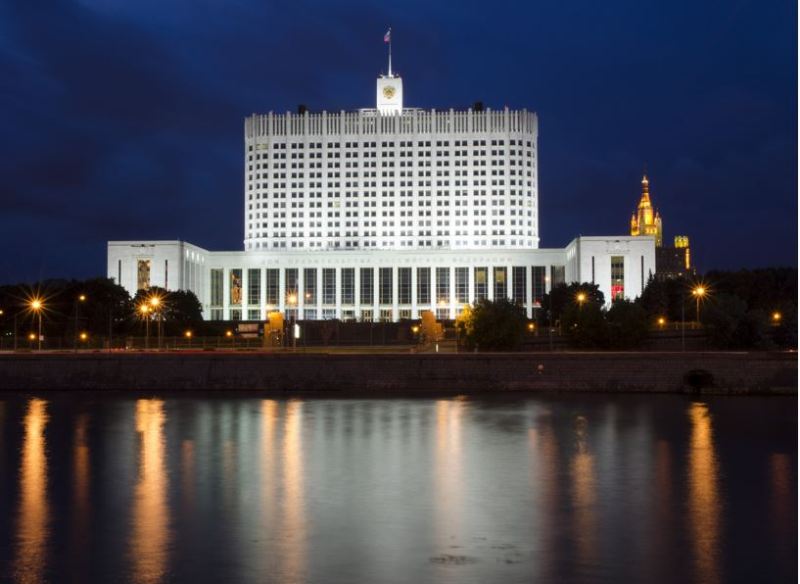Yes, would you use Bitcoin if you knew you would go to prison for a
while, as well pay a hefty fine, if you were caught? And this is not
about using the cryptocurrency to do illegal stuff like buying
recreational drugs or paying a hitman.
The criminal here means simply coming into contact with Bitcoin in
whatever way. Having a wallet on your smartphone counts.
You probably have not thought of yourself in this situation before. Not
that there has been any reason this far to. But that is about to change.
And I put to you that this could be the time you thought about that ugly
possibility.
You will find out why in a moment.
There is no question that Bitcoin’s journey towards becoming the
currency of choice for many, especially in the internet environment, has
been further from being smooth. The cryptocurrency has faced a lot of
obstacles. And the one that stands out the most is its legality in
different jurisdictions around the globe.
Restrictive law but not criminalizing
While many countries have chosen to ignore Bitcoin or simply issue
cautionary notices (warning their citizens of the dangers the
cryptocurrencies carry), a few have passed laws that make it hard to use
it within their borders. In this list, you will find countries such as
Iceland, Ecuador, and China.
In China, for instance, The People’s Bank of China, the country’s
central bank, in December 2013 banned financial
institutions
from facilitating the movement of value between Bitcoin and the
Renminbi. That means that you can own bitcoins, but you won’t find
facilitation for converting to the fiat and the vice versa.
This has, however, not stopped China from being home to the largest
Bitcoin mining operation anywhere. In essence, miners and other Bitcoin
entrepreneurs are free to operate in the country. They are not in any
way considered to be breaking any criminal law.
At least that is not the case yet.
Other countries including the United States (think of New York’s
Bitlicense), United Kingdom and Canada have passed laws or issued legal
guidances that are, at the worst, stringent for the operation of any
businesses related to cryptocurrency.
Only acts that can be enabled by Bitcoin are criminal in these
countries. Think of money laundering or terrorism financing. Basically,
the same activities that are criminal whether it is the dollars, Euros
or Sterling Pounds involved.
Russia has
chosen
a different path.
You will spend years in prison or pay quite a sum in fine
The country is in the process of criminalizing every aspect of Bitcoin.
Ok, not every aspect of Bitcoin.
The country’s Deputy Finance Minister, Alexey Moiseev, has expressed a
favorable view about the blockchain, the distributed public ledger on
which Bitcoin transactions are entered. He has described it as,
“promising,” and with “a great future.”
If the bill the ministry of finance is preparing to present before the
Duma, the country’s legislative body, receives a majority support, then
using Bitcoin is Russia will be a criminal activity close to the same
level of manslaughter or drug running.

Russian White House
The punishment for anyone who has a casual interaction with Bitcoin such
as having a Bitcoin wallet on their smartphone is a fine of US$7,800 or
spending four years in a maximum security prison.
For those facilitating Bitcoin transactions such as miners and other
entrepreneurs in the Bitcoin ecosystem, the price they will pay before
the law is a fine of up to 2.5 million rubles ($38,000 USD) or a time
of up to 7 years in prison.
Of course, the question is why these heavy penalties?
Is it to fight crime or to maintain government control?
The Russian authorities have provided the usual fall-back reason always
given when fighting Bitcoin. “Bitcoin can be used to finance the shadow
economy and crimes,” reads part of a press statement that the central
bank of Russia issued, “and this risk we cannot allow in the Russia’s
financial system, which we are striving to make transparent and
healthy.”
Of course, that is not the reason.
In an interview with Bloomberg, Deputy Finance Minister Alexey Moiseev
has given what could be really the reason for his ministry’s actions.
“We can see how swiftly, pretty much over the course of the year, this
became a reality of our economic life,” he has been quoted saying,
“Bitcoin in its essence is a money surrogate, so ultimately that leads
to the central bank losing control over the money supply.”
Yes, fear of the state losing control over money is what could be behind
the drafting of the punitive law. The next question in line would be
whether this will succeed in keeping Bitcoin out of Russia.
And if it succeeds, will it become a model to be copied by other
countries around the world?
Does Russia have the capacity to enforce the law
This is not a question of whether Russia will see this law through. It
is rather a question of whether it has the ability and means of imposing
it. Jon Matonis, former Bitcoin Foundation director, doesn’t think
enforcing this law is feasible.
“A ban would be impossible to enforce because it is a peer-to-peer
technology,” he has told Bloomberg, “it is a file sharing technology,
and all people need to do to get around the ban is to have computers
with an Internet connection.”
Matonis has further described this step as out of step with the rest of
the world. “It’s like worrying about gravity,” he has added, “what can
you do?”
If the enforcement will be lacking, which is highly likely to be the
case, then Bitcoin users in Russia will find it acceptable to continue
using Bitcoin albeit risking going to jail for a while or paying hefty
fines.
Not so fast, though. The bill still needs to go through parliament.
Anything is possible on the floor of the house even in Putin’s Russia.
Images courtesy of
Flickr
and
Wikipedia
